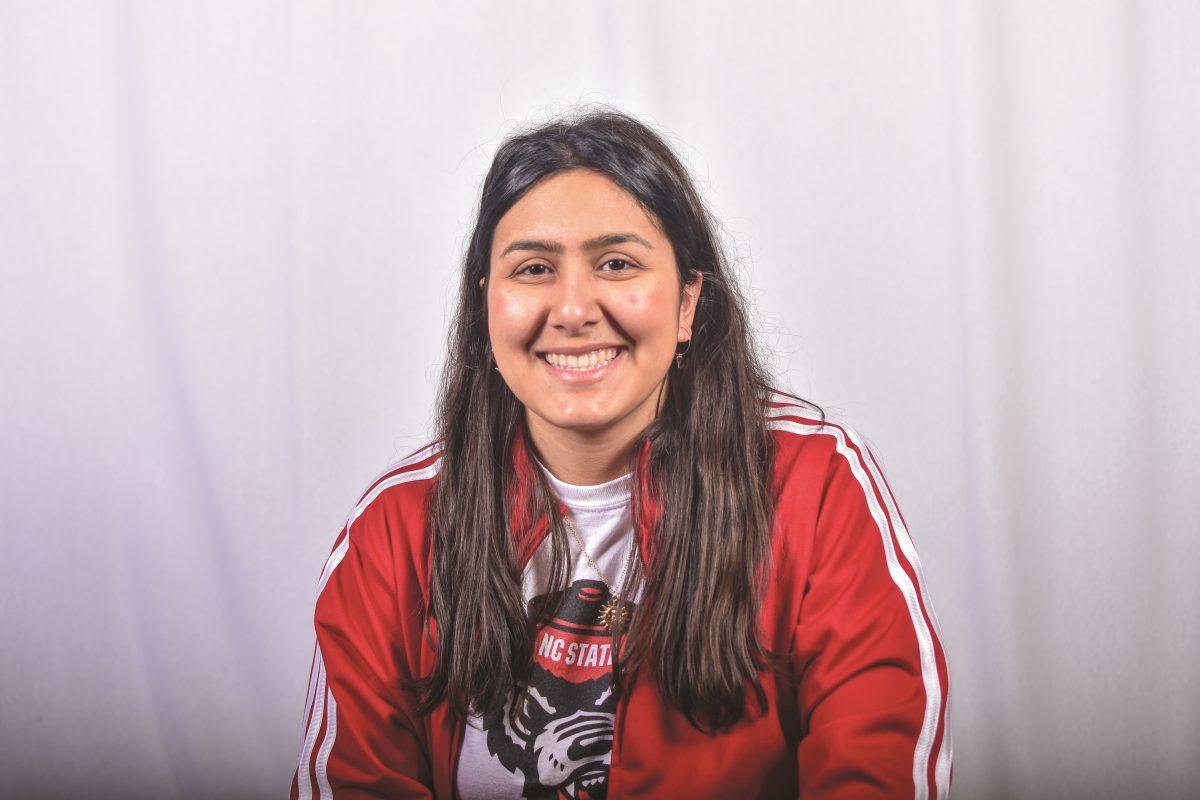In most recent news, Netflix has, once again, disappointed me and other members of the LGBTQ+ community. About two weeks ago, Netflix canceled three original TV shows, “I Am Not Okay With This,” “The Society” and “Atypical,” all of which had lesbian main characters.
Some blissful viewers may believe their excuse of cancellation due to COVID-19-related circumstances, but this move almost feels like a slap in the face to people who loved these shows because of their representation.
It isn’t the first time Netflix has done something like this. In 2018, they canceled “Everything Sucks!,” a show about kids in the ‘90s, which had a lesbian and a Black character as the two leads. Netflix also canceled a popular show, “One Day at a Time,” which featured a lesbian lead coming to terms with her sexuality in a Hispanic household.
It is obvious that these shows have a huge fanbase, as many fans on Twitter were outraged by their decisions to cancel these shows. One Twitter user made a joke that read “shows w lesbian leads *exist*, netflix: i’m gonna delete them all.” While Twitter handled the outrage and made many attacks, phrased as jokes, at Netflix, we all felt pain watching these decisions occur.
For many members of the LGBTQ+ community, it is seldom that they see any representation on TV or in movies. For lesbians in particular, it is even rarer to see representation. While Hollywood is just now making more films catered towards marginalized communities, representation often feels forced. Directors choose to place an LGBTQ+ character just for “representation,” but instead create token characters with no complexity beyond their sexuality. And sometimes, the directors completely miss the mark with lesbian representation by just catering to their male viewers.
The first show I watched with a lesbian lead my age who was coming to terms with her sexuality was “Everything Sucks!” This show felt extremely validating to me as I watched Kate, the main character, trying to figure things out while going through tough friendships and relationships in a high school setting. Things like struggling in the locker room, being nervous around girls and being scared of coming out are things that I went through and seeing it on screen was so comforting.
Needless to say, having college age representation is important because exploring your sexuality is something all college students experience. The only show on Netflix that I’ve seen and recommend that has straight and LGBTQ+ relationships is ‘Dear White People.” This show is set on a college campus and deals with the realities of what college relationships or “entanglements” may look like. The show tackles heavy topics that one come across while living on a college campus like sexual assault, mental health issues and exploring your sexuality. Even though it includes LGBTQ+ relationships, as a lesbian watching this show, I felt they missed the mark once again.
For streaming platforms like Netflix, it is more common to see shows with gay men than lesbians. This is due to gay men being more profitable in a heteronormative society than lesbians are. The homophobia at hand here is that straight women do not stigmatize gay men due to the lack of sexual interest and because they may view gay men as their “GBF,” or gay best friend. The same doesn’t go for lesbians, as they can experience severe homophobia due to straight women thinking they are predatory or “crushing on them.”
Lesbians are also severely over-sexualized by the media and straight men, causing an even greater lack of healthy representation. Netflix has brought “Queer Eye” back for five seasons while all three lesbian-led shows got canceled in the span of a week, despite fans speaking out. Straight women eat up moments with the Fab Five, despite being afraid of lesbians, while straight men don’t find interest in the nonsexual dramas that truly represent queer women, such as “Atypical,” “I Am Not Okay With This” and “The Society.” Netflix may view this as a profit loss, but they are aware that queer women will still watch shows like “Queer Eye,” to show their solidarity for LGBTQ+ content. But giving queer women more representation will help Netflix gain much more than they think.
Hollywood has been around for decades, but it wasn’t until 2019 when a movie like “Booksmart” was released. “Booksmart” is a coming-of age-film about two girls who were strictly book-smart but not street-smart. The movie captures their last night as high schoolers and their desire to experience a party. One of the leads, Amy, is a lesbian, and while she’s been out for two years, she has never kissed a girl. The difference between this representation and tokenism is that Amy’s character development has nothing to do with her being gay. She’s already accomplished this part of herself. More movies and TV shows should do what “Booksmart” accomplished.
Netflix, be book-smart, and please stop canceling shows with queer representation.








